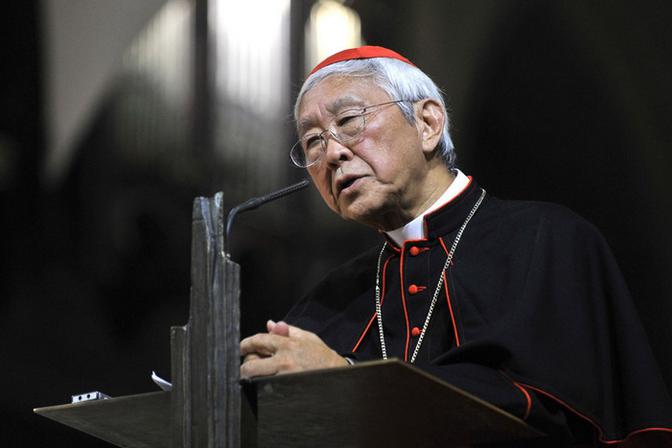
Joseph Zen
Italian Version, here.
The arrest of Cardinal Joseph Zen today in Hong Kong automatically undermines Beijing’s international position without even granting any advantage to China—quite the contrary.
The cardinal was the biggest critic within the Church of the 2018 agreement between the Holy See and China, and the past three and a half years, with concrete albeit slow developments in relations, he became marginal in the Church’s internal debate on China.
Today, his arrest brings him back to the center and gives him a stage that causes the whole Church trouble and embarrassment. The Pope has tried to hold the high ground on the conflict in Ukraine, foiling attempts by the Russian Orthodox Church to turn the invasion into a holy war.
The Holy See has strenuously defended the agreement with China, even when the US administration of President Donald Trump put it under enormous pressure in this regard.
Now this complicates everything for the Holy See and creates a new problem over something that seemed to have been resolved already.
That said, this very arrest shows how appropriate and necessary it was to have an agreement. Today at least there is a channel of communication and the fate of millions of Chinese Catholics has at least a minimum of protection.
The risk otherwise might have been to give them the difficult choice of the 1950s: to give up the faith or give up being Chinese.
That said, it is not at all clear why Beijing decided on this arrest today.
Beijing has already erred by believing Russian propaganda of an easy Moscow victory in Ukraine, and this is creating embarrassment internally and externally.
Beijing is facing a huge Covid challenge with dozens of cities and hundreds of millions of people in total and partial lockdown, and an economic contraction unprecedented in recent history.
At this time, it may not have been the wisest thing to arrest a 90-year-old man who as it is cannot be too dangerous and who only becomes dangerous after this arrest.
In other words, Beijing seems to be in dire straits in facing all these challenges and risks, and as often happens in such situations, it makes more mistakes than it should.
Under these conditions perhaps all the more, the Holy See must seek dialogue and find understanding with Beijing. If the Church does not speak to those who make mistakes and perhaps do not know or do not see, to whom should it speak?





